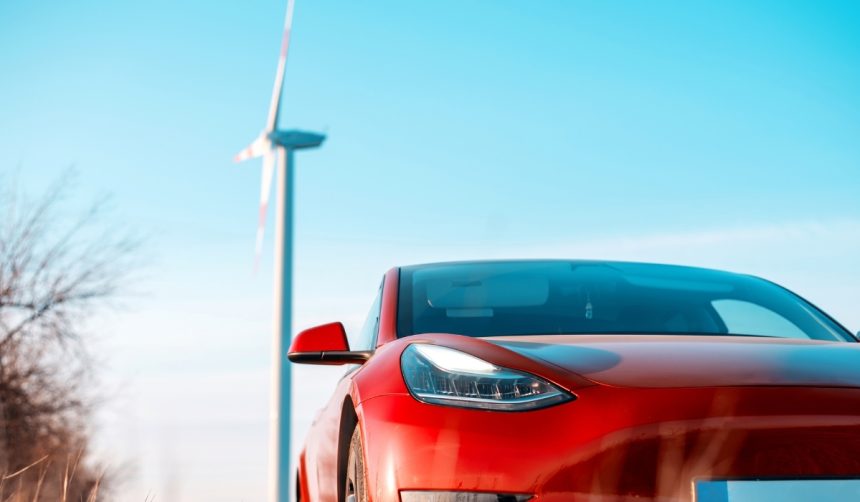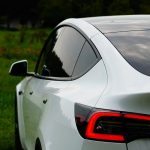Visitors stopping at Tesla’s recently opened Supercharger Diner in Los Angeles will find an unusual approach to customer service that directly responds to ongoing debates over tipping in the restaurant industry. Shifting away from U.S. conventions, the diner – strategically positioned to capture traffic from EV owners and the curious public alike – offers customers a dining experience free from tipping pressures. This operational choice sets it apart from most eateries, a move that current labor market observers have noted as a clear statement about employee compensation. Other restaurant owners in the area may watch closely to gauge its impact on business sustainability and customer satisfaction.
Tesla’s Supercharger Diner is not the first high-profile project by the electric car maker, but it does mark a distinct departure from industry norms regarding staff pay. Incidents involving controversial tipping practices at major chains and customer backlash have highlighted how polarizing the issue remains. Some competitors experimented with built-in service charges or automatic gratuities, yet often reverted due to pushback. No previous Tesla hospitality endeavor has implemented a full “no tipping” policy, making this move by the Supercharger Diner particularly noteworthy within the context of broader movements seeking fair wages in hospitality.
What Is Tesla’s New Policy at the Diner?
All staff members at the Supercharger Diner are compensated directly by Tesla without relying on customer gratuities. The payment structure grants them a flat wage with the company itself handling what would otherwise be tip income. Customers are not given an option to leave a tip at the end of their meal, a detail that has prompted discussion both on social media and among industry observers. One Tesla spokesperson noted,
“We believe staff should be supported by the employer, not the customer.”
How Does This Approach Affect Workers?
The direct wage approach shifts the economic stability of the wait staff away from fluctuating tips and towards predictable income, a rarity for many in the sector. With tipping practices often a source of financial insecurity in U.S. restaurants, staff at Tesla’s establishment stand apart from the norm. As Tesla representatives highlighted,
“This compensation model ensures our team’s livelihood isn’t tied to unpredictable tipping habits.”
What Has Been the Public Response?
Reactions to Tesla’s model have varied. Some patrons appreciate the clarity and reduced pressure of a no-tipping policy, finding it both convenient and aligned with shifting societal expectations around service work. Others continue to argue the merits or drawbacks of the tipping tradition, but the diner’s policy has largely been met with curiosity rather than resistance. Industry analysts point out that such practices could prompt wider conversations about wage standards, especially within high-profile brands that influence public discourse.
Substantial debate in the U.S. around workplace equity, worker compensation, and tipping has intensified over recent years, especially as rising living costs drew further attention to wage adequacy among service employees. Tesla’s choice at its Supercharger Diner puts it in direct contrast with conventional practices, allowing observers to evaluate both the operational and cultural effects of guaranteed wages for staff. This policy could provide valuable data for other companies weighing the pros and cons of service charges, no-tipping experiments, and increased base pay. While dietary preferences or novelty menu items like those found at the diner may attract early visitors, the compensation model is emerging as a lasting point of interest and potential inspiration for other businesses.
- Tesla’s Supercharger Diner pays staff directly, with no tipping required.
- This practice ensures workers’ incomes are consistent and not tip-dependent.
- The approach has prompted discussion about wage standards in the restaurant sector.










